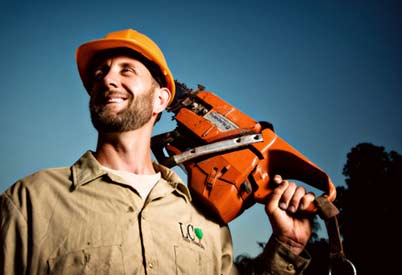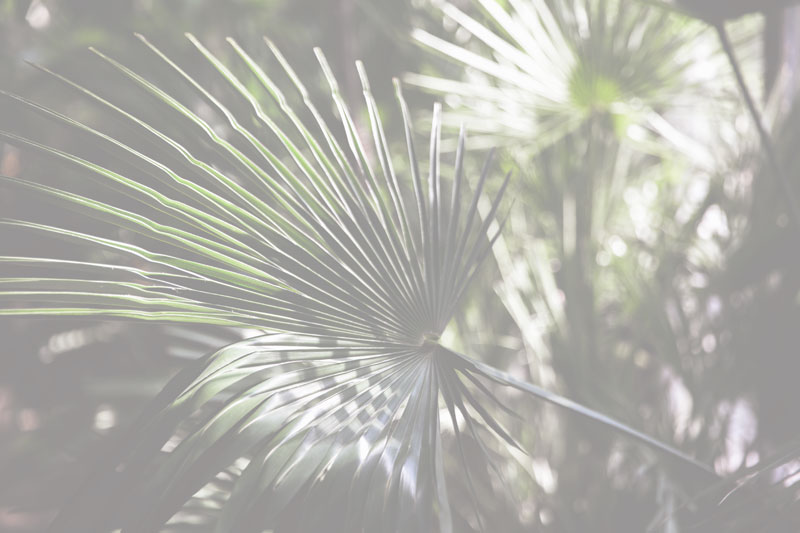
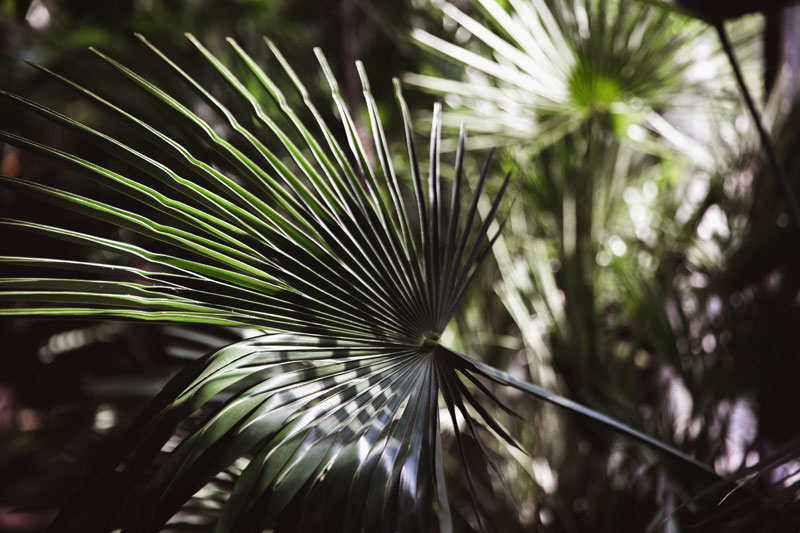

San Diego is known for sunshine, ocean breezes, and—of course—palms swaying along boulevards and backyards alike. If you’re a property owner here, chances are that you’ve thought about adding palms to your landscape. They’re not just iconic; they’re also surprisingly versatile and low maintenance. From tall, stately species that make a grand statement to small, tropical varieties perfect for patios, palms thrive in San Diego’s Mediterranean climate.
But with so many palm options, how do you choose the right one for your property? That’s where this guide comes in. Whether you want elegance, tropical flair, or a shade-making giant, we’ll walk you through the most popular palms in town, plus tips from the perspective of a San Diego tree service expert.
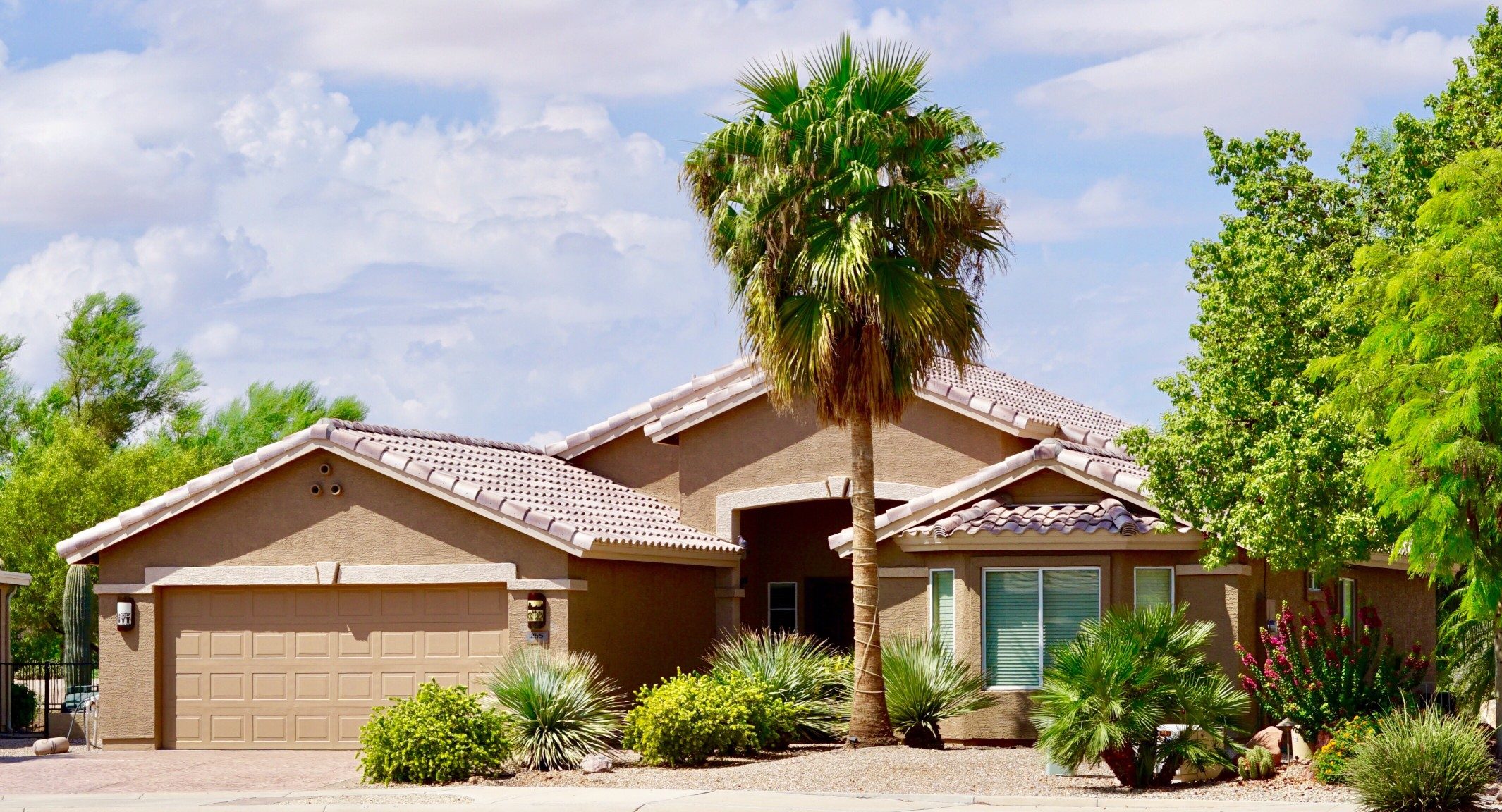
WHY PALMS ARE PERFECT FOR SAN DIEGO
Before diving into specific types of palms, let’s talk about why they are such a staple in Southern California landscapes.
CLIMATE COMPATIBILITY
San Diego’s mild winters and dry summers are perfect for palm trees. Many species thrive here without excessive watering.
WATER EFFICIENCY
Once established, palms tend to be more drought-tolerant than traditional shade trees.
YEAR-ROUND BEAUTY
Palms stay green all year, providing a consistent tropical aesthetic.
VERSATILITY
From small courtyard palms to towering boulevard icons, there’s a palm for nearly every property size.
CULTURAL ICON
Let’s face it; a San Diego street without palms just doesn’t feel right.
With that said, not every palm is a good match for every property. Some palms take up too much space with their large girth, while others are better suited for small yards. Some need regular maintenance from a San Diego tree service company, while others practically take care of themselves.
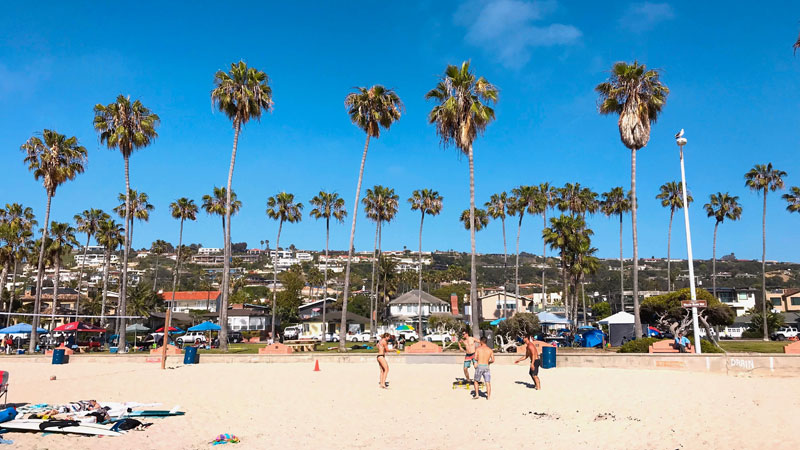

THE MOST POPULAR PALMS IN SAN DIEGO
Here is a breakdown of the most common and beloved palms you’ll see around San Diego—and which might be right for your property.
Queen Palm
Syagrus romanzofficana
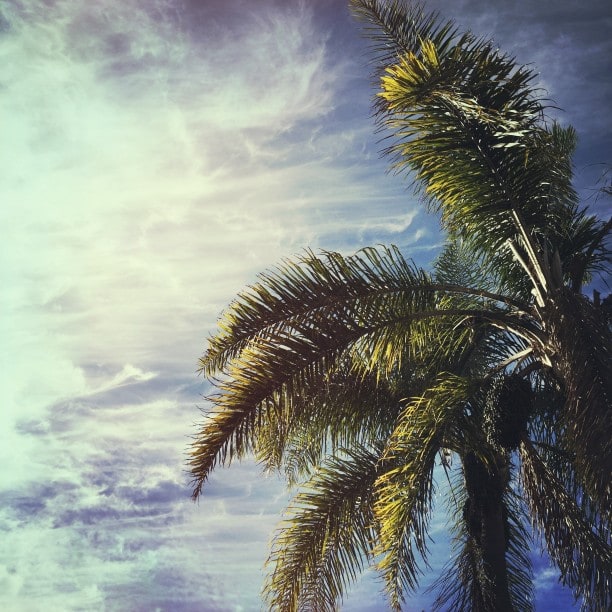
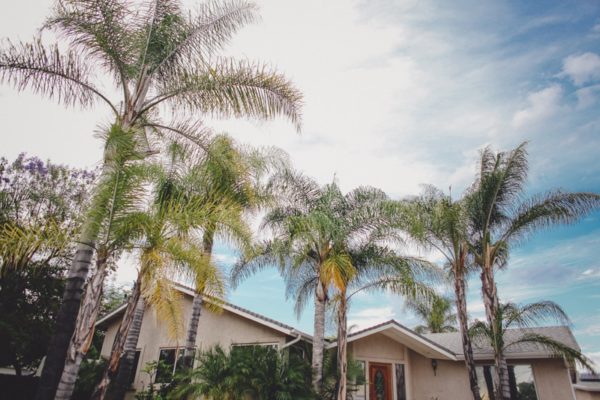
The queen palm is one of the most popular choices for San Diego property owners. With its graceful fronds and medium height (40-50 feet), it adds elegance without overwhelming your landscape.
PROS:
- Elegant, tropical look
- Self-pruning
- Fast-growing
- Works great as a single specimen or in rows
CONS:
- Produces messy fruit that can stain patios and walkways
- Requires annual pruning of its seed pods
BEST FOR: Property owners who want a lush, tropical vibe.
Date Palm
Phoenix dactylifera
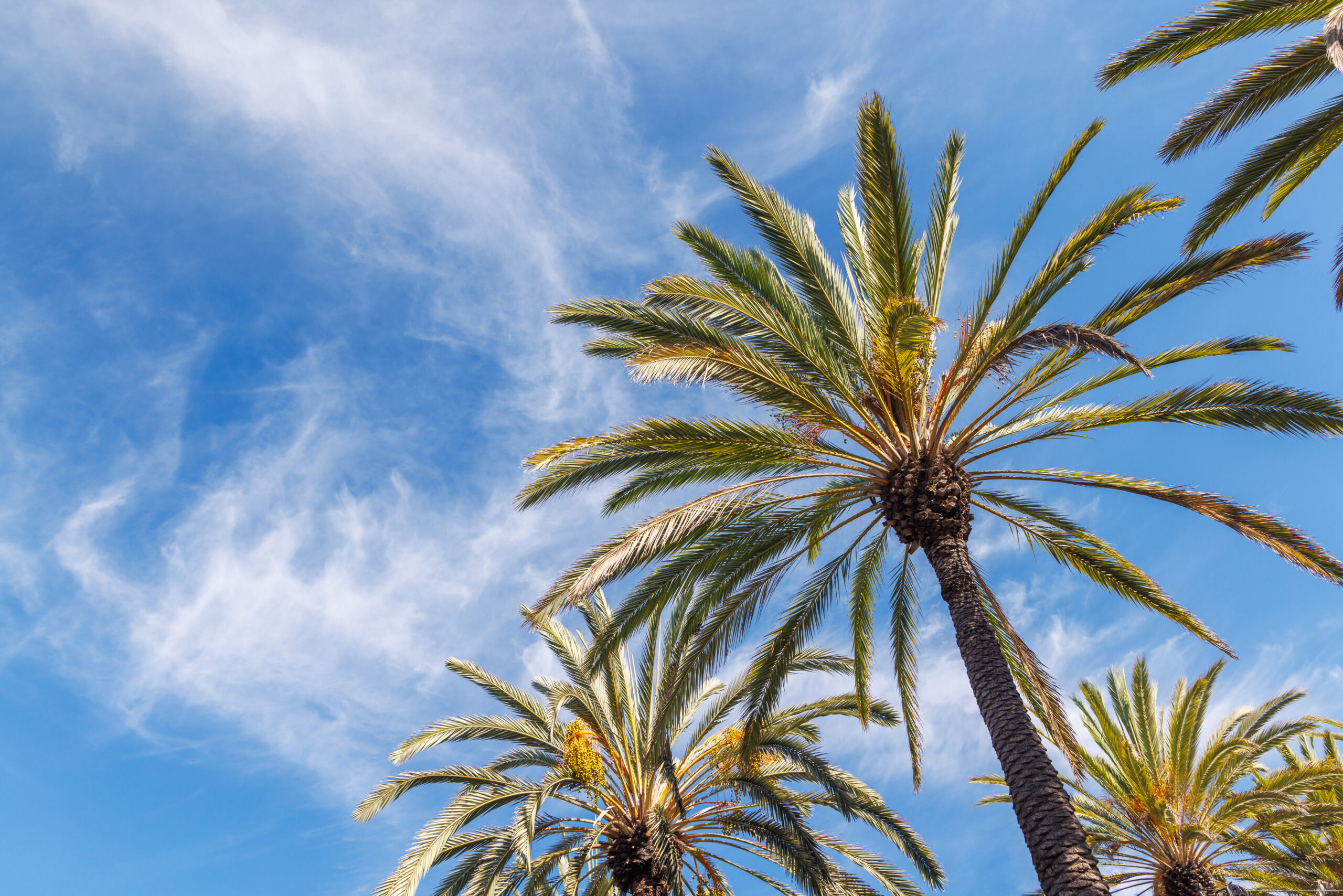
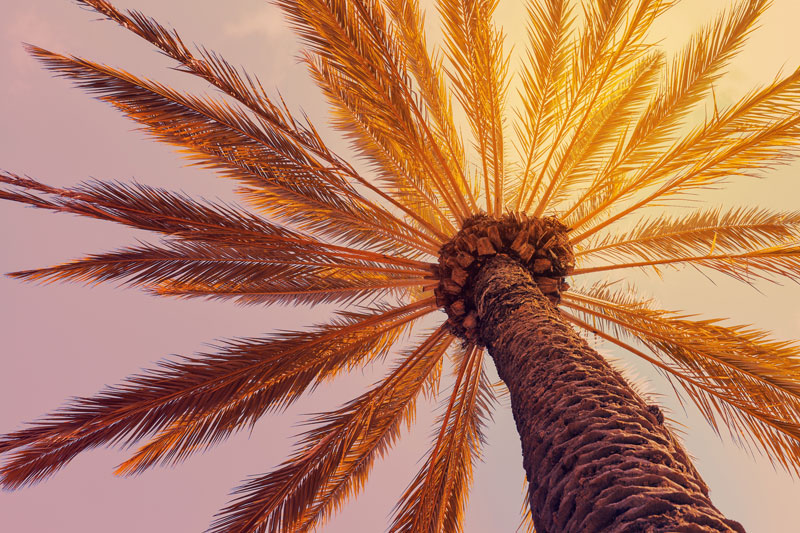
If you have driven through Mission Valley or downtown San Diego, you’ve seen these majestic palms. They are often seen in high-end resorts and lining upscale streets.
PROS:
- Long lifespan
- Grand, regal appearance
- Makes a strong statement with its towering height
CONS:
- Grows tall, reaching up to 80 feet
- Expensive to purchase and transplant
- Pruning requires professional equipment (a job for your local San Diego tree service)
BEST FOR: Large yards, estates, or properties where you want a tree that makes a statement. They’re also great for lining streets or pathways for a regal appearance.
Canary Island Date Palm
Phoenix canariensis
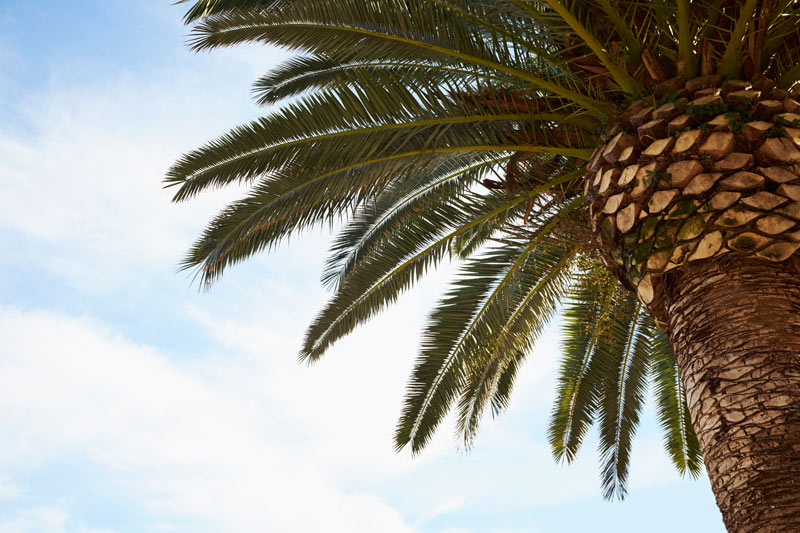
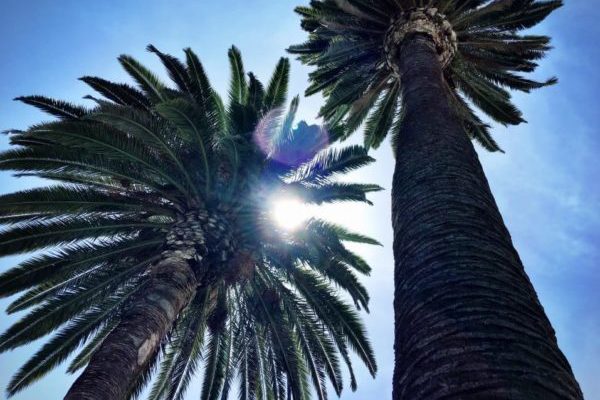
These giant palms are similar in appearance to their cousin, the date palm, but with serious girth. They’re hefty and make a grand statement to any property.
PROS:
- Long lifespan
- Makes a strong statement with its towering height
CONS:
- Grows tall, reaching up to 80 feet
- Expensive to purchase and transplant
- Pruning requires professional equipment (a job for your local San Diego tree service)
- Very susceptible to boring pests
BEST FOR: Large yards, estates, or properties with plenty of open space.
Mexican Fan Palm
Washingtonia robusta
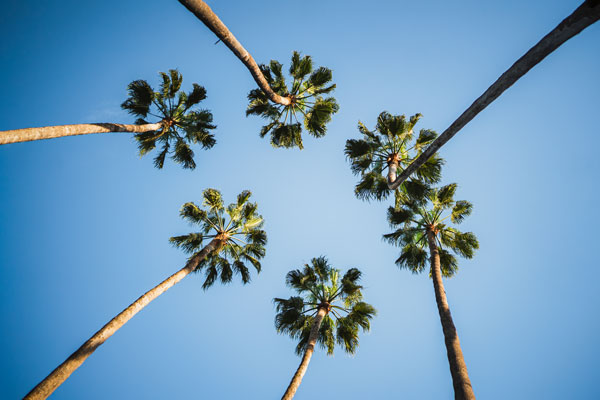
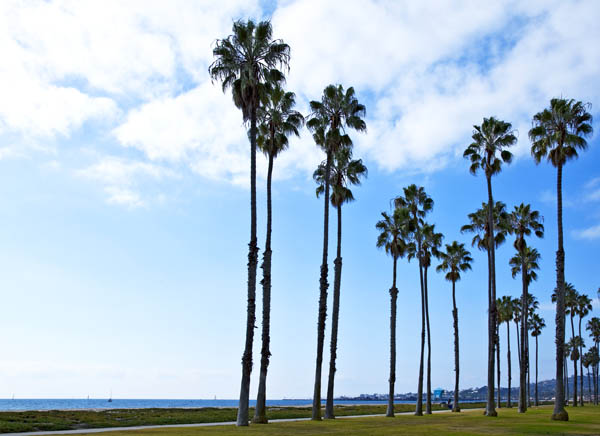
This is the iconic palm that people around the world envision when picture Southern California or when they look at postcards of San Diego. It is often seen in clusters or groups and makes a statement with its towering height of up to 100 feet.
PROS:
- Iconic Southern California look
- Extremely drought tolerant
- Low purchase cost
CONS:
- Grows very tall, making palm pruning difficult
- Dead fronds hand down, creating a “skirt” that requires pruning and is a fire hazard if not maintained
- Not ideal for small yards
BEST FOR: Large landscapes or urban-style properties where you want height and tree that makes a statement.
King Palm
Archontophoenix cunninghamiana
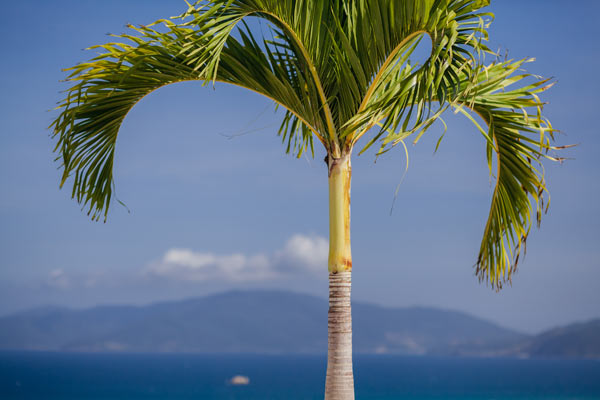

Native to Australia, the king palm exudes a lush, tropical aesthetic with its smooth trunk and deep, green fronds.
PROS:
- Self-pruning
- Beautiful, tropical canopy
- Thrives in San Diego’s coastal climate
CONS:
- Needs regular water (less drought-tolerant than other palms)
- Slower growing than other palms
BEST FOR: Properties looking for a tropical vibe and not desiring a towering height.
Pygmy Date Palm
Phoenix roebelenii
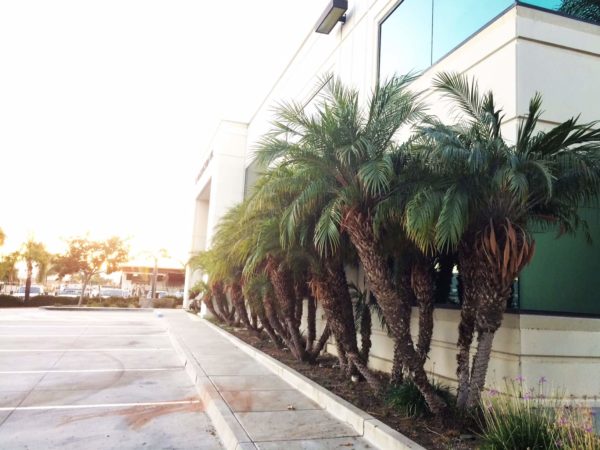
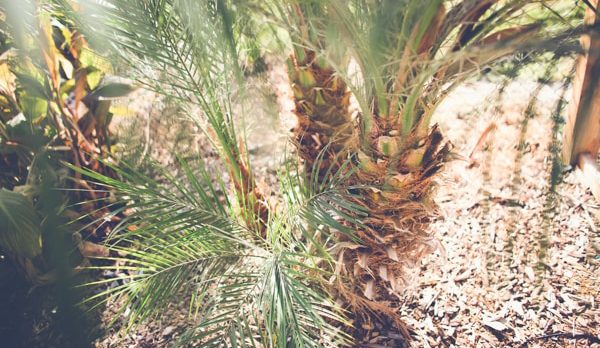
If you have a small landscape area or want a palm in a patio container, this is your best choice. Pygmy date palms rarely grow taller than 10 feet, making them the perfect miniature version of their taller cousins.
PROS:
- Compact size
- Attractive, feathery fronds
- Great for small yards, poolsides, or entryways
- Do not require professionals to trim
CONS:
- Very slow-growing
- Spiny fronds can be sharp
BEST FOR: Smaller spaces, tropical garden designs, or as an accent plant to larger landscapes.
Kentia Palm
Howea forsteriana
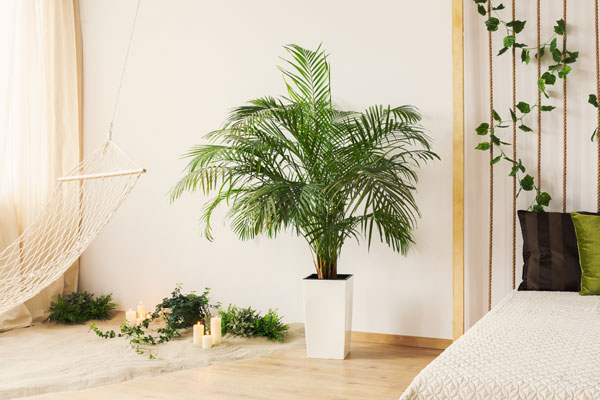
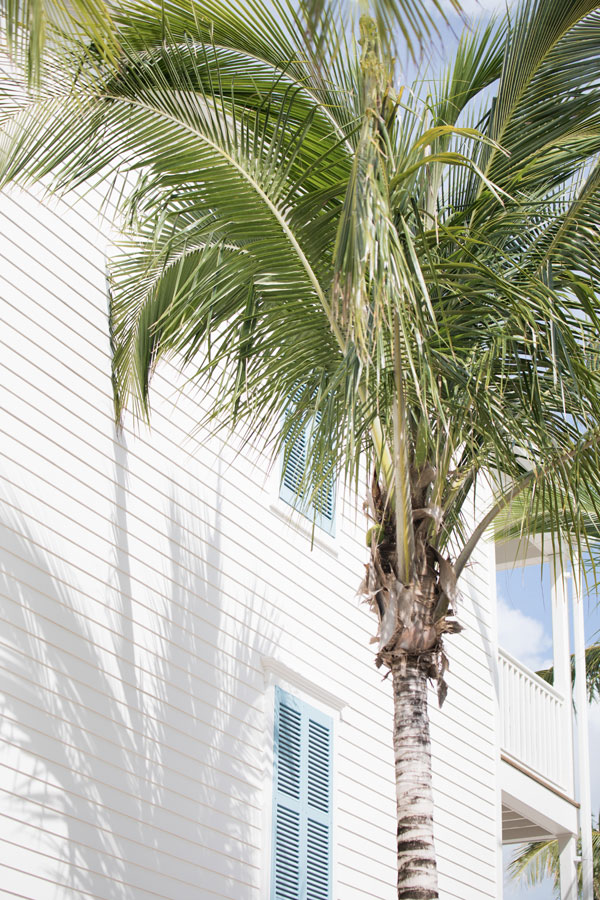
This next palm is commonly found as an indoor house plant, but what many people don’t know is that it also does beautifully outside in San Diego gardens too.
PROS:
- Elegant and slow-growing
- Does well in partial shade
- Great as a patio or poolside palm
CONS:
- Slow growth means that it takes years to reach full size
- Mature palms are expensive to purchase
BEST FOR: Shady yards, patios, or as part of a layered tropical garden.
HOW TO CHOOSE THE RIGHT PALM FOR YOUR PROPERTY
When deciding which palm to plant, consider these factors:
- Space: Do you have room for a 60-foot giant, or do you desire a compact palm that greets guests at your entryway.
- Maintenance: Some palms, like the Mexican fan palm, require regular trimming. Others, like the king and queen palm, are self-pruning, but require regular prunings of their seed pods.
- Water Needs: If drought tolerance is your goal, palms, like the Mexican fan palm, are a great choice.
- Aesthetics: Do you prefer a classic Southern California skyline look or a lush, tropical vibe?
- Budget: Large, mature palms can cost thousands to purchase and transplant. Smaller, young palms are much more affordable, but will take years to reach a tall height.
Our Certified Arborists at LC Tree Service can help you assess your yard, soil, and sun exposure to recommend the best palm for your specific needs.

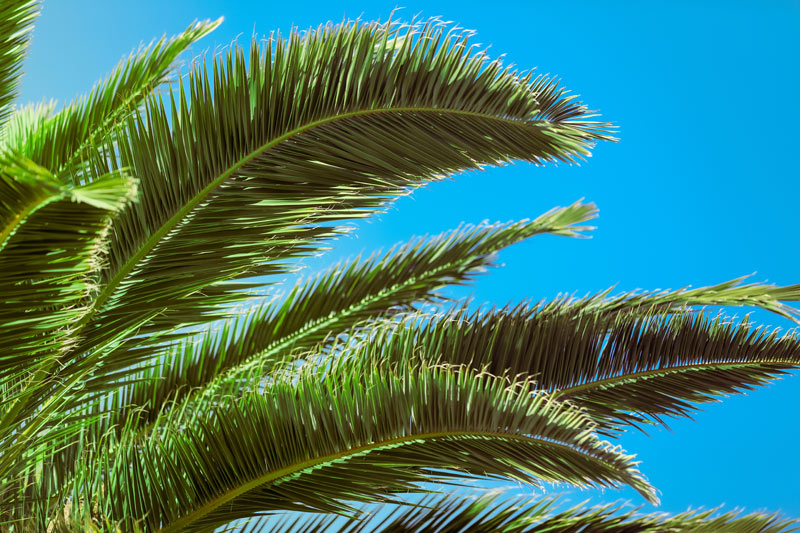
CARING FOR YOUR PALM
Planting the right palm is only the first step. Proper care keeps it healthy, safe, and beautiful. Here is a guide to help you maintain your palm for many years to come.
WATERING
Newly planted palms need deep watering until their roots are established. While mature drought-tolerant species can survive on less water, consistent irrigation keeps them lush.
FERTILIZING
Use a palm-specific fertilizer with micronutrients like magnesium and manganese to prevent yellowing.
TRIMMING + PRUNING
It is recommended that dead fronds be pruned regularly. Certain species, such as the Canary Island date palm, should not be over-pruned. Their large girth needs plenty of green fronds for photosynthesis. Over-trimming can weaken the palm and invite pests. However, skinnier palms, like the Mexican fan palm, can handle heavy pruning.
PESTS + DISEASE CONTROL
San Diego palms, especially the Canary Island date palms, are under attack by palm weevils and fungal diseases. Early detection is key! If you notice unusual browning, frond collapse, or holes in the crown, please call LC Tree Service.
PROFESSIONAL CARE
Many palm species grow tall enough that pruning or removal becomes a safety issue. That is when it is recommended to call LC Tree Service. Not only do we have proper equipment, but we also have the skills and knowledge to trim and care for palms.
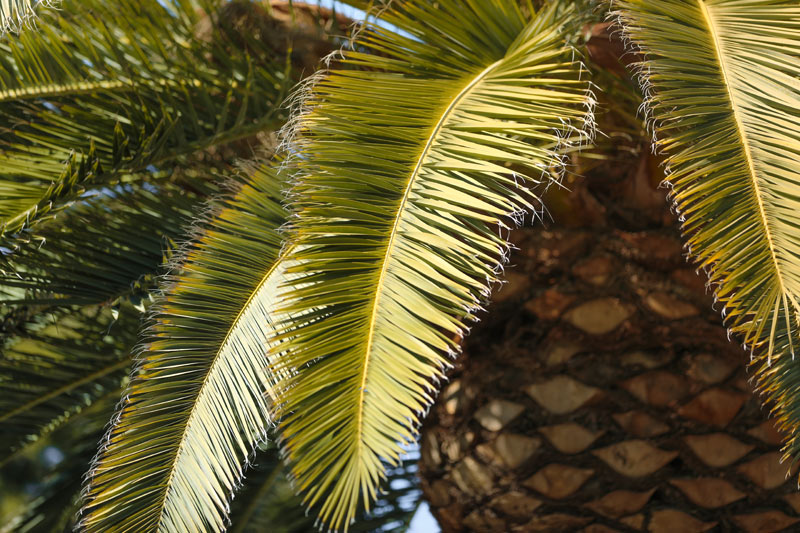
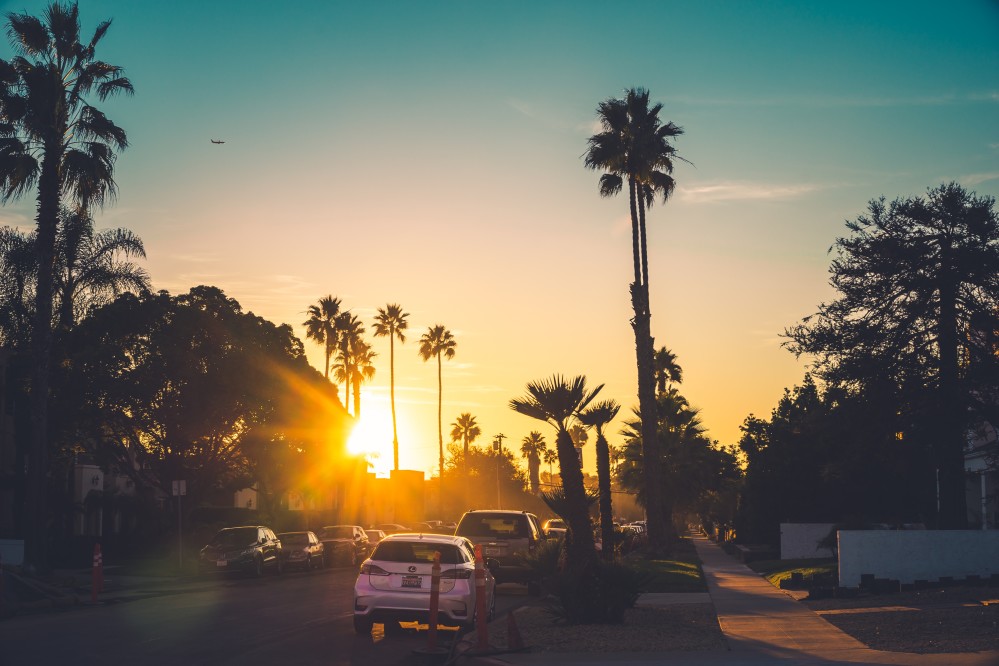
FUN PALM FACTS FOR SAN DIEGO PROPERTY OWNERS
- The tallest palm is the Mexican fan palm, with some reaching nearly 100 feet.
- The Canary Island date palm is so prized that fully grown specimens can cost tens of thousands of dollars.
- Despite appearances, palms aren’t technically trees—they’re a monocot, which makes them more closely related to grass.
- Palm fronds are naturally designed to withstand high winds, making them perfect for San Diego’s occasional Santa Ana gusts.
WHEN TO CALL A SAN DIEGO TREE SERVICE
Even if you are a hands-on homeowner, there are times when professional help is the safest and smartest option. Call LC Tree Service if:
- You notice signs of disease or pest infestation
- Your palm has grown too tall to trim safely
- You need a large palm removal
A reliable San Diego tree service ensures your palms stay healthy, safe, and beautiful year-round.
SAN DIEGO PALMS
Palm are more than just landscaping—they’re part of the San Diego lifestyle. Whether you dream of a tropical backyard retreat or a stately row of palms lining your driveway, there’s a species that fits your vision.
By considering your space, budget, and maintenance preferences, you can choose the perfect palm for your property. And when it comes time for trimming, fertilizing, or removal, partnering with LC Tree Service will help keep your palms in peak condition.
So go ahead—pick the palm that matches your preferences, and let your yard become part of the city’s iconic palm-filled landscape.

